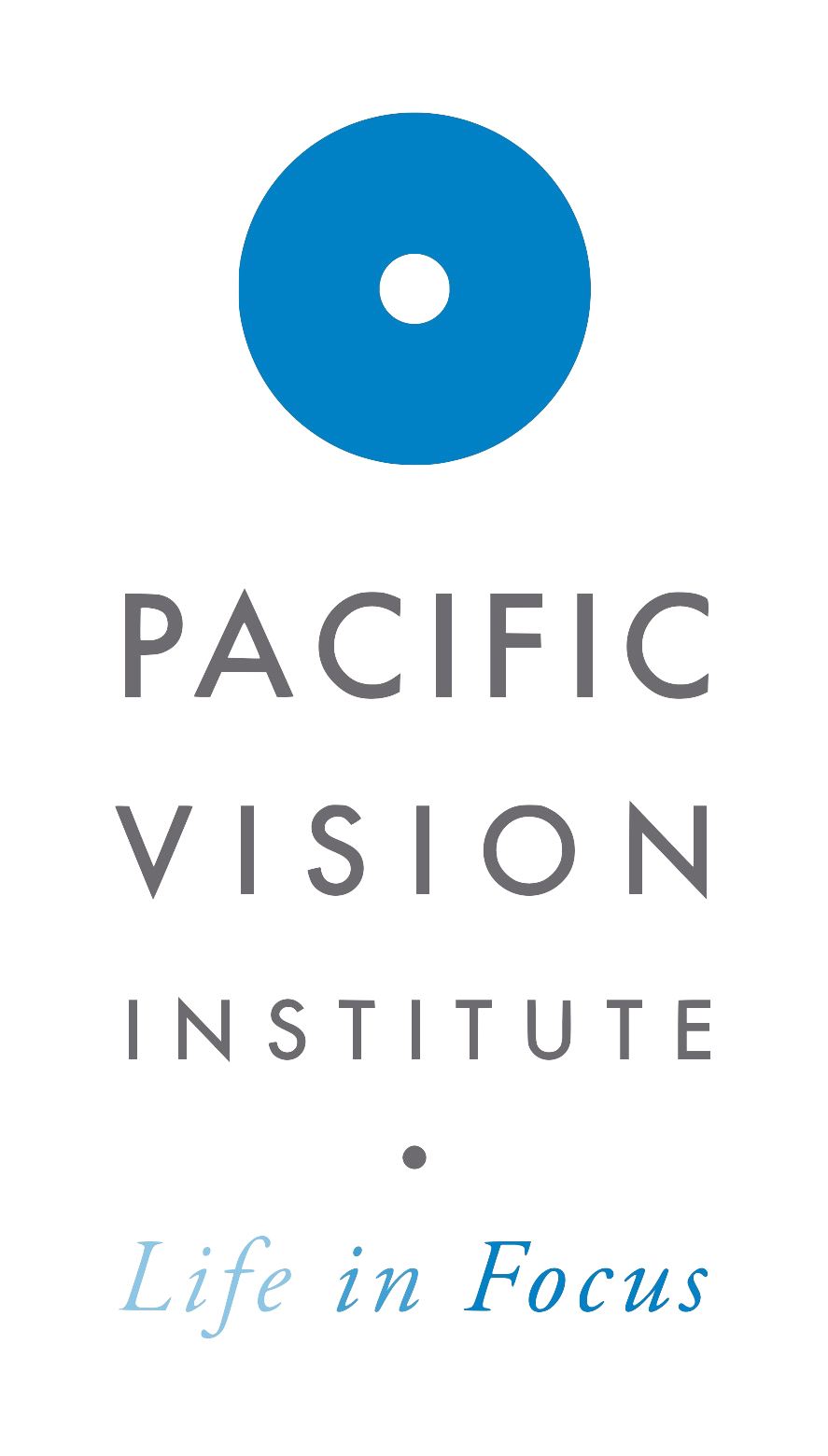Cataract Surgery and Driving: Tips for Safe and Improved Night Vision
Cataract surgery is a life-changing procedure that can significantly improve your vision and overall quality of life. For many people, one of the most noticeable improvements is in their ability to drive safely, especially at night. Cataracts can cause glare, halos, and reduced night vision, making nighttime driving challenging and potentially dangerous. Here are some tips to help you ensure safe and improved night vision after cataract surgery.
1. Choose the Right Intraocular Lens (IOL)
During cataract surgery, your cloudy natural lens is replaced with an artificial intraocular lens (IOL). Your choice of IOL can have a significant impact on your night vision. Some premium IOLs are designed to reduce glare and improve contrast sensitivity, making them ideal for night driving. Consult with your ophthalmologist to determine the best IOL for your specific needs.
2. Follow Post-Operative Instructions
Proper post-operative care is crucial for a successful recovery and optimal night vision. Use prescribed eye drops as directed to prevent infection and inflammation. Attend all follow-up appointments with your surgeon to monitor your progress and address any concerns promptly. Be patient and allow your eyes to heal fully before assessing your night vision.
3. Manage Dry Eye Symptoms
Dry eye is a common side effect after cataract surgery and can worsen night vision discomfort. Use artificial tears as recommended by your doctor to keep your eyes well-lubricated. Staying hydrated and using a humidifier in your bedroom can also help alleviate dry eye symptoms.
4. Wear Anti-Glare Coated Glasses
Consider investing in eyeglasses with anti-reflective (AR) or anti-glare coatings, especially if you experience glare or halos while driving at night. These coatings can reduce reflections and improve your ability to see clearly in low-light conditions.
5. Limit Exposure to Oncoming Headlights
Bright headlights from oncoming vehicles can be particularly bothersome after cataract surgery. Reduce glare by shifting your gaze slightly to the right, focusing on the road’s edge instead of directly at the lights. You can also use your rearview mirror to block some of the glare from behind.
6. Maintain Your Vehicle’s Lighting
Ensure that your vehicle’s headlights, taillights, and turn signals are all in proper working condition. Regularly clean your headlights to remove dirt and grime, which can scatter light and reduce visibility.
7. Consider Nighttime Driving Practice
If you’re nervous about driving at night after cataract surgery, consider practicing in low-traffic areas during the early evening or late at night when the roads are less busy. Gradually build your confidence and comfort level with night driving.
Why Choose Pacific Vision Institute for Cataract Surgery?
Opting for the correct ophthalmologist and surgical facility plays a pivotal role in the success of your cataract surgery. Pacific Vision Institute boasts highly experienced surgeons who excel in delivering exceptional results through cutting-edge technologies like premium intraocular lenses and laser-assisted techniques. Our commitment to your well-being is evident in the personalized and all-encompassing care you’ll receive, from your initial consultation to post-operative support. Count on us for remarkable visual improvements and the safeguarding of your long-term eye health.

